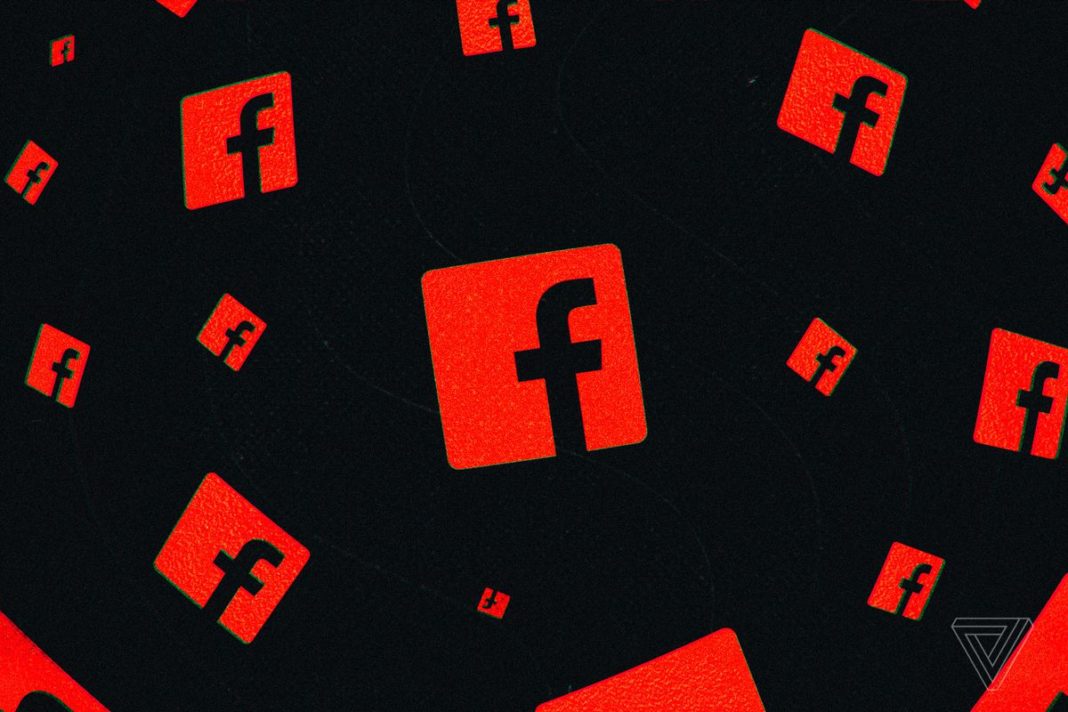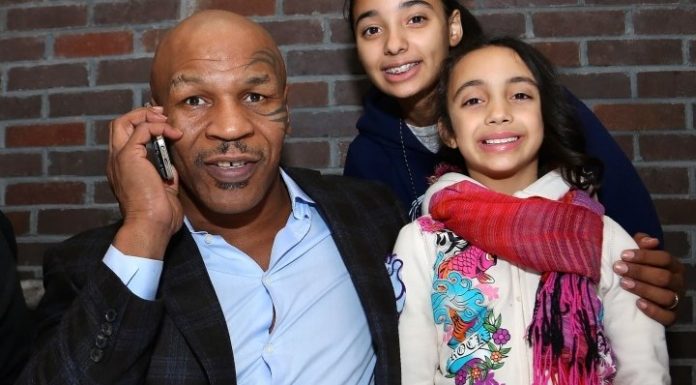Republican political figures spread the name on Twitter
Facebook and YouTube are removing content that potentially names the anonymous whistleblower who sparked a presidential impeachment inquiry, with Facebook saying it violates rules against “coordinating harm” on the platform. The decision follows Facebook’s earlier choice to remove ads featuring the name — which Republican political figures, including Donald Trump, Jr., have publicized on Twitter.
BuzzFeed reported attempts to spread the alleged whistleblower’s name earlier this week, confirming that Facebook would remove ads targeting them. BuzzFeed noted that the person, a former Obama administration staffer and current CIA officer, has been a target for conservative commentators since 2017. But recent articles by the conservative sites Real Clear Investigations and Breitbart raised the officer’s profile, especially after the Breitbart article was shared by Donald Trump, Jr. It’s since cropped up across social media.
Following Facebook’s announcement, YouTube also confirmed to CNN that it would remove content that mentioned the alleged whistleblower’s name in the title, the description, or the video itself. Conversely, a Twitter spokesperson told CNN that tweeting the name didn’t violate its rules.
President Donald Trump has pushed for the release of the whistleblower’s name, but US officials and many media outlets have refrained from printing it. (It’s not clear that the person named in those articles is actually the whistleblower, either.) In a statement, Facebook concurred.
“Any mention of the potential whistleblower’s name violates our coordinating harm policy, which prohibits content ‘outing of witness, informant, or activist.’ We are removing any and all mentions of the potential whistleblower’s name and will revisit this decision should their name be widely published in the media or used by public figures in debate,” said a spokesperson. A search for the name on Facebook found only a handful of results.
Facebook has recently defended taking a hands-off approach to political content, particularly with ads, which CEO Mark Zuckerberg argues should not be fact-checked by Facebook. In this case, though, it’s justifying the decision under policies closer to its anti-harassment rules — at least while the name isn’t widely reported.
Update 5:30PM ET: Added confirmation that YouTube would ban mention of the alleged whistleblower’s name and Twitter would not.













![Hotstar Premium Cookies 2019 [*100% Working & Daily Updated*] Hotstar Premium Cookies 2019 [*100% Working & Daily Updated*]](https://tahav.com/wp-content/uploads/2019/11/Hotstar-Premium-Cookies-Free-100x70.jpg)



